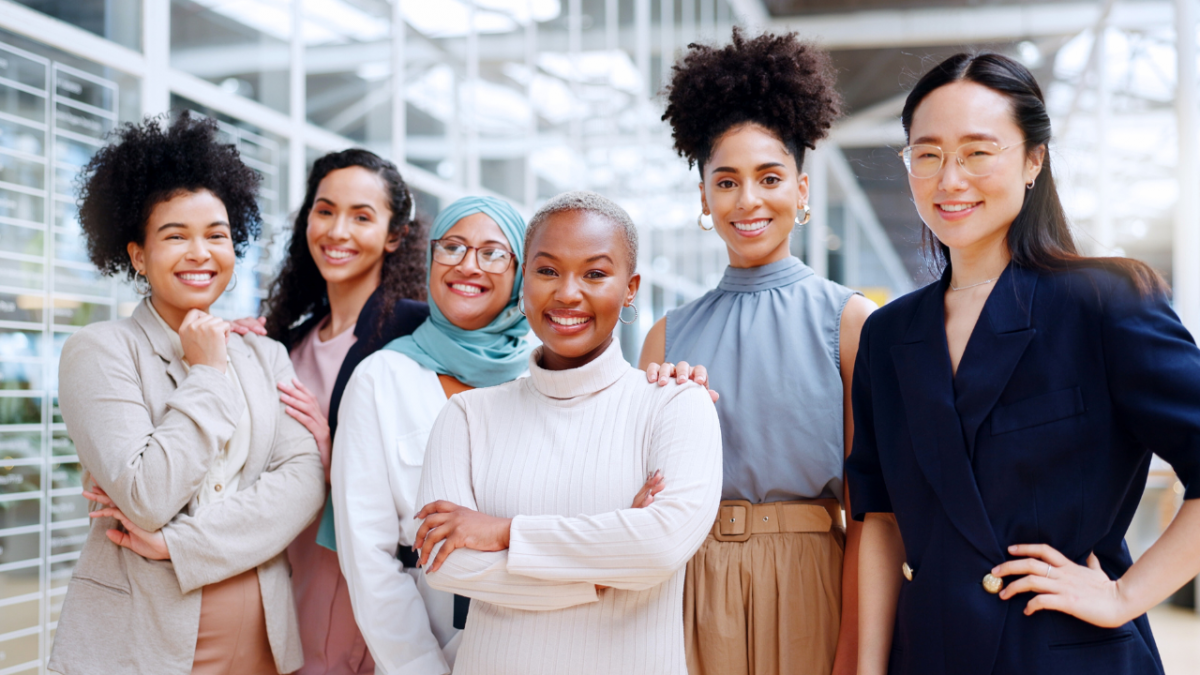
Su Guiqiang, owner of Chinese cosmetics company Private Beauty Adviser, has always known that appearance is important to his customers. But it took a brush with failure to convince him that the appearance of his company, particularly in China’s social media scene, is just as important as the quality of the pearlescent lipsticks and creamy foundations he produces.
In 2008, Su was struggling to keep his fledgling manufacturing and retail operation afloat. From 2004 to 2006, he’d opened more than 100 outlets for his Private Beauty Adviser (PBA) cosmetics line in the southeastern Chinese city of Xiamen. But soon it became apparent that Chinese consumers had little interest in domestic cosmetics, preferring well-known products from America, Japan and Korea.
“It’s hard to say exactly what went wrong, but at that time we were competing very hard with international brands like Maybelline and customers just didn’t trust our brand,” Su said. Almost before the paint was dry on some of his stores, he was forced to close them. All were shuttered by 2008.
That might have been the end of the story. But Su, 37, found a way to save his business. Using virtual storefronts he opened on Taobao Marketplace and Tmall, China’s largest online shopping platforms, Su was able to boost sales and gain national awareness for a brand that previously struggled for a regional following—proving to himself and to skeptics that even image-challenged domestic companies can compete against famous multinationals through online word-of-mouth and social sharing.
Today, Su’s Taobao and Tmall stores have combined quarterly sales exceeding RMB 19 million. His BB cream, a popular cosmetic used to cover face blemishes, is among the top-selling such creams on Tmall, surpassing Maybelline’s version with over 10,000 units sold each month. For four consecutive years, PBA’s Tmall store has ranked among the top three stores in terms of annual sales in the cosmetics category.
PBA went from retail roadkill to domestic success partly because of the cost-efficient nature of e-commerce, which allowed the company to sell to the country’s huge population of online shoppers with relatively less investment than it takes to build out a chain of regional retail shops.
But Su also attributes the turnaround to social e-commerce, the activities of Chinese online shoppers who swap product reviews, information and customer experiences with each other via the Internet. Driven by positive online reviews left on the Web by satisfied customers, PBA was able to overcome consumer concerns over the safety of domestically made cosmetics and compete against the marketing clout and deep pockets of overseas brands like L’Oreal Group, Shiseido and Mary Kay.
Su had a lot to overcome. “As with many domestic products, there is still a perception of potentially lower quality or quality consistency, as well as a sense that they are not as plugged in to important beauty trends,” said Torsten Stocker, a Hong Kong based-partner at consulting firm AT Kearney. “This perception also impacts retailers, making it harder for domestic brands to get good shop or counter locations.”
Domestic companies can help level the playing field by setting up shop on online marketplaces such as Taobao, Su maintained. “From a sales perspective it’s hard to convince first-time customers who have never heard of your brand to buy your brand,” he said. “That’s where Taobao has the upper hand, because on Taobao customers can share their thoughts and reviews of the products and this generates sales.”
The role of positive online brand buzz is particularly important in China. According to a 2011 Boston Consulting Group report, Chinese consumers are possibly the most active in the world when it comes to social e-commerce. Because of the prevalence of counterfeit goods and a mistrust of product reviews in the conventional media—good notices can be bought and sold in the PRC—Chinese shoppers rely heavily on feedback from their peers when making buying decisions. A BCG survey found that more than 40 percent of Chinese online shoppers regularly read and post reviews of their online purchases, double the rate of online shoppers in the U.S.
In fact, the rise of e-commerce coupled withincreasing integration of social media into the day-to-day lives of consumers was ranked as one of the most important business trends in China this year, according to a survey of Chinese and multinational companies conducted by The American Chamber of Commerce in Shanghai and Booz & Company.
A report on the survey results released Aug. 21 noted that Chinese consumers are sophisticated in using social networking platforms to form alliances with like-minded consumers. “China’s rising middle class have high expectations of consumer products and also a need for product verification,” said Robert Theleen, AmCham Shanghai chairman, in a press release. “With the rise of e-commerce and social media, online marketing channels and Internet forums offer a platform for consumers to gather the intelligence they need to make informed purchasing decisions.”
Of course, the social-media sword cuts both ways. Brands that fail to deliver can find themselves the target of unflattering and unforgiving customerreviews. “Companies have to stay vigilant to the power of the online activities, with opportunities for online engagement to enhance or harm a brand,” Theleen said.
Su said he doesn’t think there’s a big quality disparity with Chinese-branded cosmetics because Chinese companies have a long history of providing OEM manufacturing for Western cosmetics firms. Domestic brands like PBA have their own research and development centers, he noted. Unfiltered feedback from customers through social media allows PBA to make tweaks to formulas quickly to react to marketplace trends. “E-commerce can help to increase geographic reach and create access to consumers who may not shop in traditional beauty channels for these brands, for example hypermarkets or specialty stores,” Stocker said. “They also provide support in telling the brand story.”
According to iResearch, online sales of cosmetics in China grew 55 percent last year to RMB 57.7 billion. China’s National Bureau of Statistics estimates offline retail cosmetics sales reached RMB 134 billion last year.
Despite the growth of domestic brands like PBA, Chinese cosmetics makers have a lot of ground to make up. Last year, according to EuroMonitor, the top five color cosmetics brands in mainland China were all multinationals: Maybelline by L’Oreal; L’Oreal Pari; Mary Kay; Aupres by Shiseido; and Dior by LVMH Moet Hennessy Louis Vuitton. The first Chinese brand to make the list is Carslan at seventh place and Jala Group’s Chcedo brand in 13th place. PBA did not make the list.
PBA’s customers are mainly women aged 18-35 from the provinces of Zhejiang, Jiangsu and Guangdong who spend about 100 yuan each time they visit the company’s online shops. While the company’s lipsticks come in a limited range of shades like fuchsia, red and coral and can’t compete with the myriad of colors and finishes of Maybelline’s lipsticks, the company sells a huge range of other products cheaply, like three-dimensional blushes that retail for under $10.
Over the years, Su’s loyal following has grown to over 4 million members who are regular customers that receive discounts on their purchases. He’s hopeful that group will continue to expand.
“In terms of brand building, Taobao is one giant market place where every day there is a large number of people who go to the site with the sole purpose of buying something,” Su said. “It’s crowded and slightly messy, but this is the best place to build a brand.”




